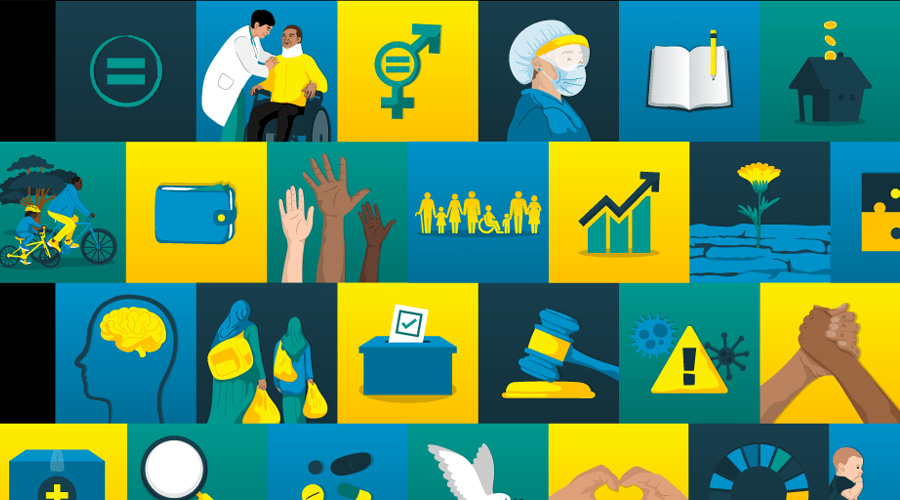
Black maternal health crisis: How digital technology is lending a helping hand
America is in the midst of a Black maternal health crisis, and it’s far getting worse, now no longer better. According to the most current statistics from the CDC, in 2020, Black maternal mortality increased a stunning 26% and has continued at a rate of at least three times that of white ladies for decades. Let’s be clear: It’s racism, not a race, this is putting Black women at risk. These statistics belong to a damning body of studies displaying how Black women and birthing people go unseen and unheard as they navigate the healthcare system, for the easy cause that it become never built with them in mind. (This is exactly why Chidiebere Ibe‘s scientific illustrations went viral earlier this year: Black bodies have never been dealt with as standard.) This record of exclusion, bias, or even outright harm has had a devastating effect on Black women and families. And as we’ve got visible over the last years of the pandemic, it has exacerbated deeply rooted mistrust in traditionally marginalized communities. Today, more than 1/2 of Black adults say they don’t believe in the healthcare industry because of a black maternal health crisis, the lasting legacy of generational neglect. But as much as the pandemic has reinforced the shortcomings of our system, it’s additionally accelerated the usage of digital technology to drive better care. It’s no secret as to why. The devices that maximum humans deliver out of their pockets have come to be increasingly effective tools to share information, create community, and get right of entry to services—and they’re only turning into greater ubiquitous, anticipated to outnumber human beings 3 to 1 through next year. And where conventional healthcare is synonymous with complexity and cost, digital health can be described through its intuitiveness and accessibility, making it an effective new competency for the healthcare industry as a whole.
THE 3 values OF DIGITAL HEALTH EQUITY
We additionally believe that digital technology could make healthcare more equitable and help address the Black maternal health crisis—and if it’s miles to prove worthy of the monumental funding over the last few years, it has to.
Value 1: Make care greater accessible
A center tenet of trustworthiness is showing up while called upon. The conventional gadget is described by enormous gaps in care—1/2 of U.S. counties lack obstetric services, including big metropolitan areas. The Digital era could make healthcare greater accessible, not best by presenting care this is unconstrained by a patient’s location, however which can greater easily healthy into the 24/7 nature of healthcare with quicker reaction times. These technologies also can install a couple of modes of turning in that support, inclusive of through each video visit and text messaging, in addition to asynchronous channels, like on-call for classes and community forums.
Value 2: Make care greater accountable
Recent studies found that Black patients are greater than twice as probably as white patients to be defined negatively by their healthcare providers in digital clinical records, including a significant body of studies displaying how implicit bias influences healthcare effects. Digital technology is uniquely capable of enlarging the voice of patients, mainly the ones whom the enterprise has traditionally overlooked, tapping into the power of the network to convey a good deal wished transparency to the healthcare system.
Value 3: Make care greater affirming
Digital health can factor the manner toward new industry standards concerning excellence in care. We see specific promise in incorporating cultural competency into care delivery. Just over 20% of Black adults have healthcare vendors of the equal race, as compared to nearly three-quarters of white adults. Dr. Rachel Hardeman and her team at the University of Minnesota have completed path-breaking studies documenting the promise of so-called “care matching,” locating that maternal and little one fitness effects improve while Black moms are paired with Black birth workers. Given the loss of range in the healthcare workforce, digital platforms can play a key position in connecting patients with providers who share their lived experiences.



















